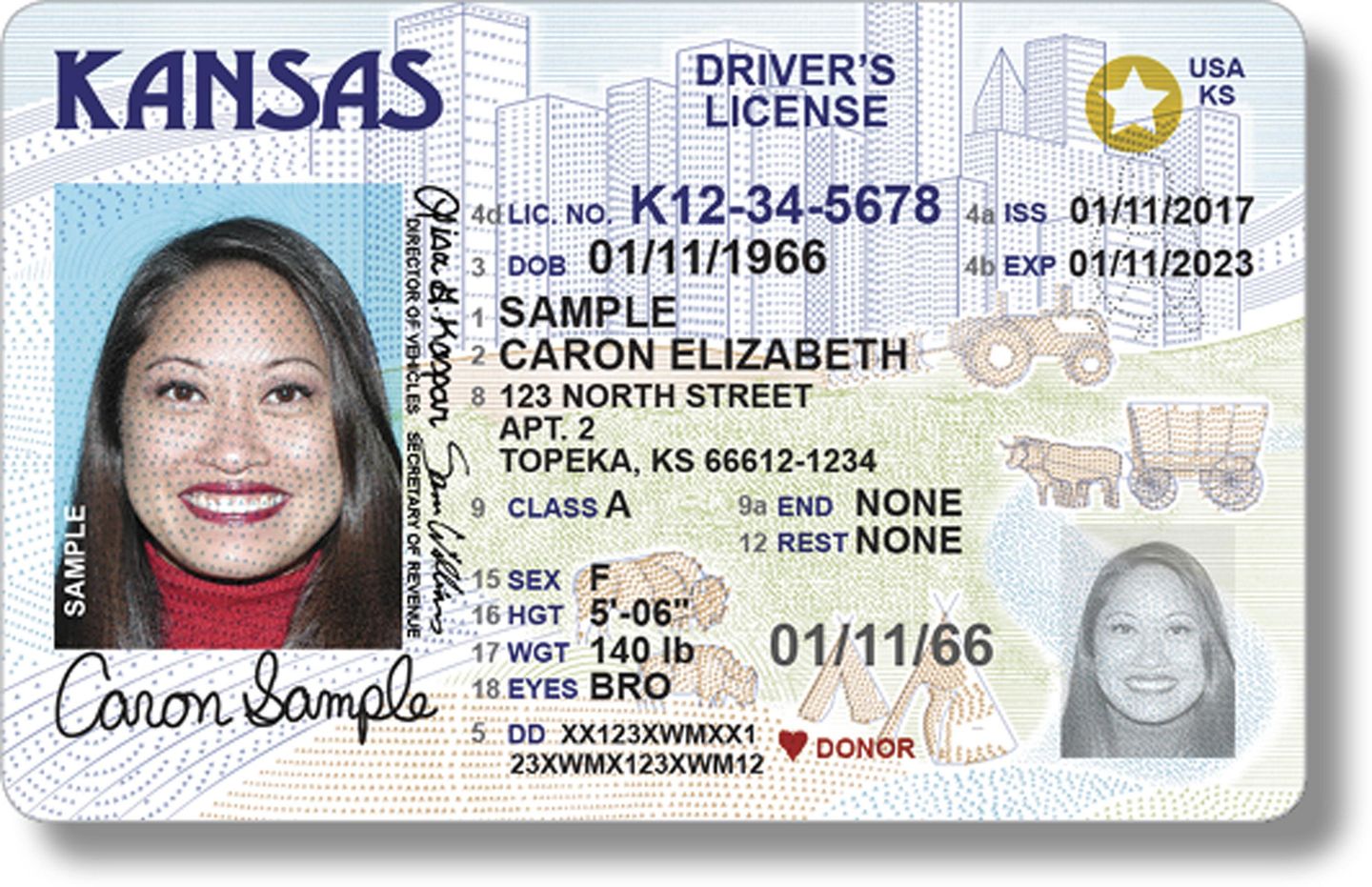
People traveling on domestic flights will need REAL ID if they want to use their driver’s license to go through Transportation Security Administration checkpoints starting Wednesday.
REAL ID was established in 2005 by Congress on the recommendation of its 9/11 Commission. The law sets a minimum security standard for drivers’ licenses issued by the states. Compliant licenses are marked with a star, a star inside a circle or a bear with a star on it.
REAL ID will be required to fly, enter a nuclear power plant or access certain federal facilities.
While each state has different rules for getting REAL ID, the minimum requirements include documentation with your full legal name, date of birth, Social Security number, two proofs of your principal residential address and lawful status.
Other forms of identification are usable at some security checkpoints in case you don’t have a compliant license yet.
The TSA will also accept passports, Department of Homeland Security trusted traveler cards, Department of Defense IDs, permanent resident and border crossing cards, acceptable photo IDs issued by federally recognized American Indian tribes and tribal nations, foreign passports, Canadian provincial driver’s licenses or Indian and Northern Affairs Canada cards, veteran health IDs, transportation worker or merchant mariner credentials, a U.S. Citizenship and Immigration Services Employment Authorization Card or a Homeland Security Presidential Directive 12 Personal Identity Verification Card.
For people who go to the airport without a proper ID, including those who have paid for TSA PreCheck, the agency warns that they will face delays, additional screening and maybe not being allowed through a checkpoint.
At the checkpoint, a TSA agent will ask them to complete an identity verification process that solicits their name, address and other ID information. This alternative will be offered indefinitely, a TSA spokesperson told USA Today.
The forms of ID accepted by TSA can be used at checkpoints for two years past the expiration date. Children under age 18 don’t have to provide identification for domestic travel.
Noncitizens here illegally who are voluntarily self-deporting from the U.S. via an international flight won’t be required to present one of the accepted forms of ID, the TSA said in April.












